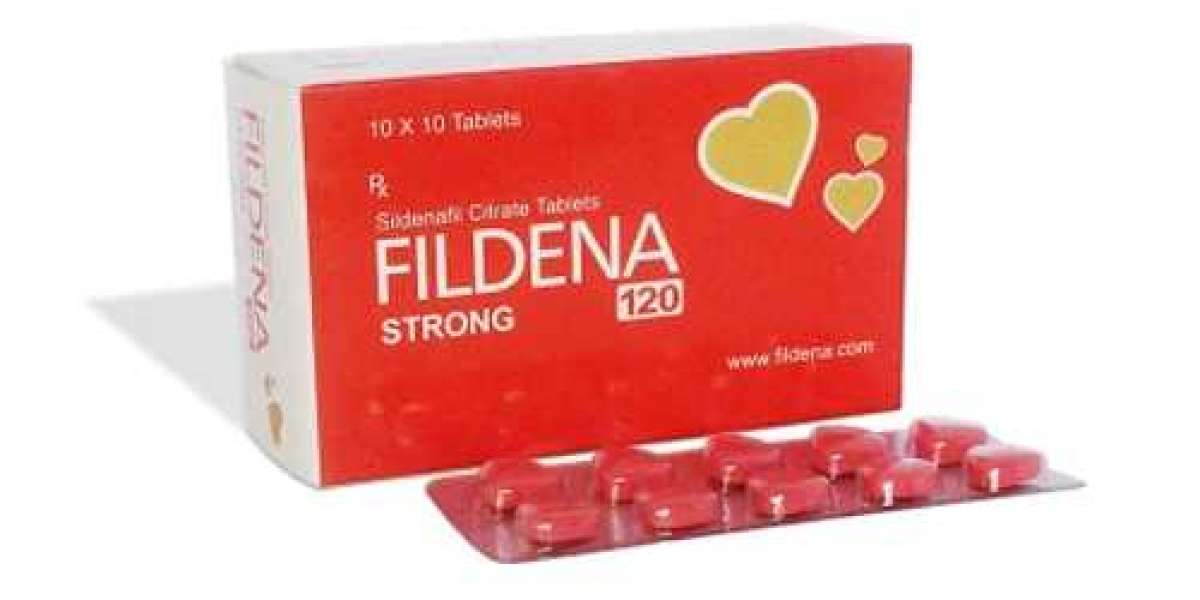For most people, they can brush and floss their teeth without a problem. Every day, brush, floss, rinse, and repeat. Unfortunately, that isn't the case for others. It can be painful to brush or even to floss. Are you experiencing gum pain? Are you concerned? This article reveals what you should do in the event you have issues with your gums and how to get the best oral health possible.
Check For Inflammation
Is there inflammation happening? This means your gums appear puffy around your teeth. Anytime there is inflammation, this signals a problem. More often than not, bacteria have infiltrated your gums, causing an infection. Often this can be related to gingivitis. Gums that are swollen and red definitely need to be looked at by your Dublin dentist. This will ensure that the problem is resolved and doesn't progress. Failure to treat inflamed gums could lead to gum recession which isn't easily corrected if at all possible.
Is There Bleeding?
Bleeding gums are the hallmark sign of gingivitis. Whether you're brushing or flossing, if you spit and see blood, this is a red flag that you should see the dentist right away for treatment. They can give you antiseptics to clear away bacteria as well as perform a deep cleaning to remove any plaque and tartar buildup that could be affecting gum health. If bleeding continues after you brush your teeth or after you floss, this can be quite worrisome for the individual. But, it usually is nothing to worry about.
Consult Your Dentist
We recommend that you always consult your dentist about the above issues. They can put you on a specific treatment plan to resolve gingivitis no matter what stage it is in. You should also be visiting your dentist every six months for a routine cleaning and exam. Should any warning signs of gingivitis be present, they can provide you with treatment options. But preventative care is the number one way to stop gingivitis and other gum-related problems.
Final Thoughts
If you have any questions about your oral health, talk to your dentist. You should feel comfortable discussing topics such as bleeding gums, irritated gums, pain when eating, etc. Additionally, if an injury affects your gums, this would be a great time to give your dentist a call. Also, remember to pick up flossers and mouthwash from the store if you don't already have them. A soft bristle toothbrush is the best choice for anyone with gum-related issues such as gingivitis.







